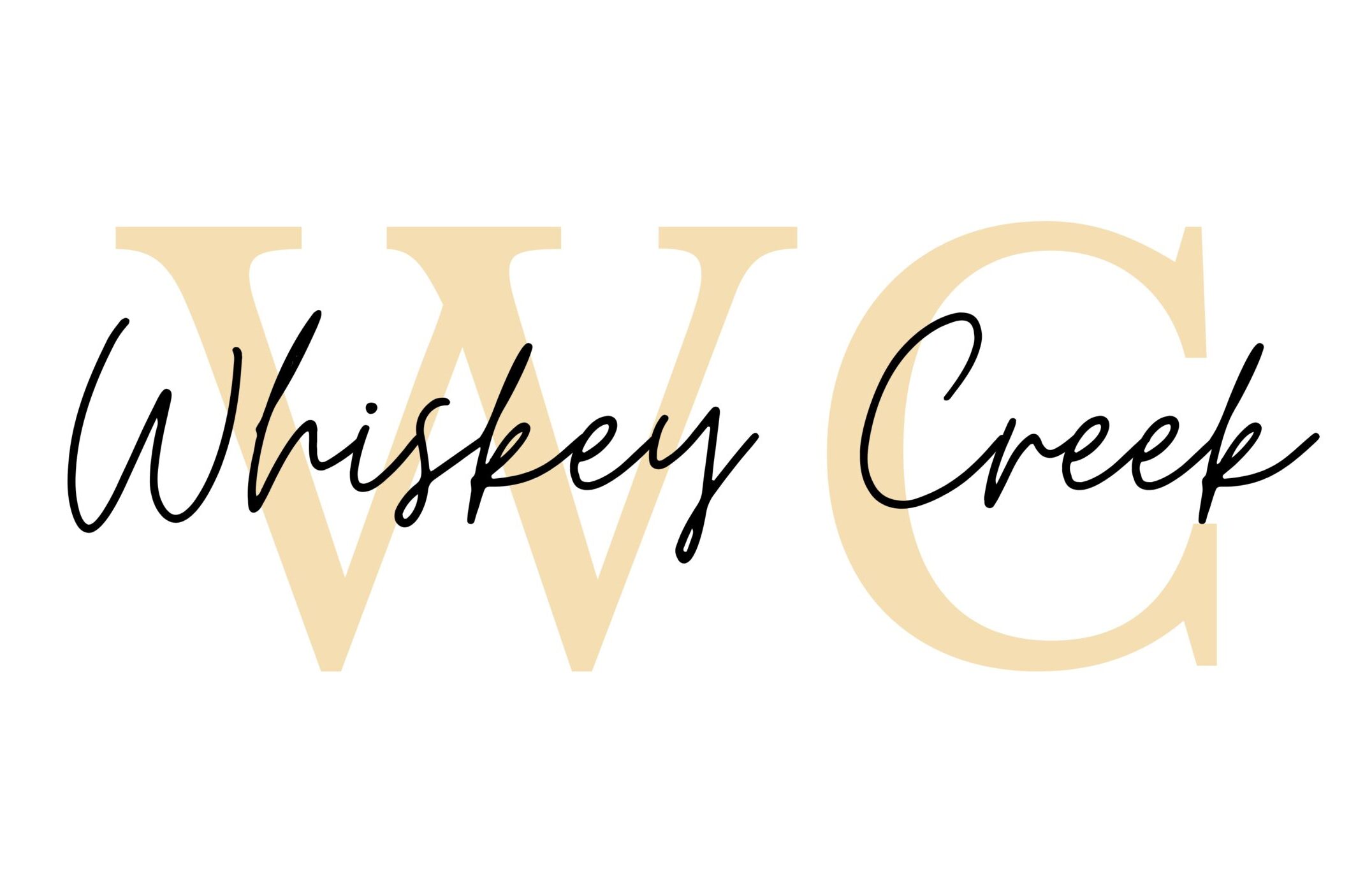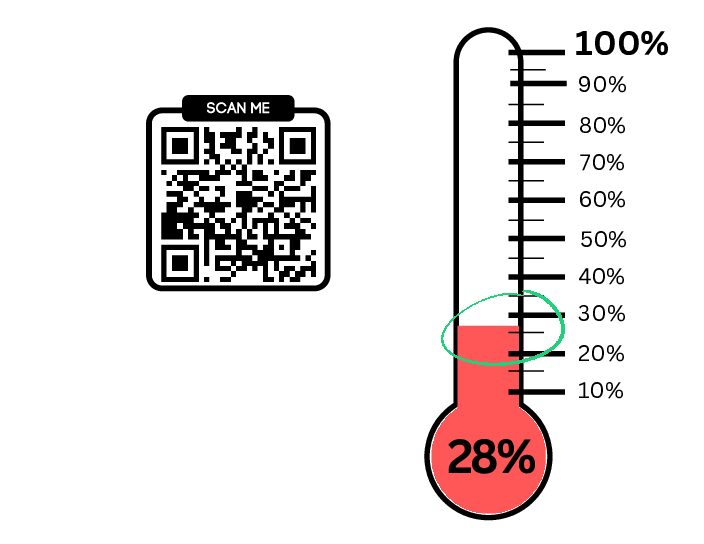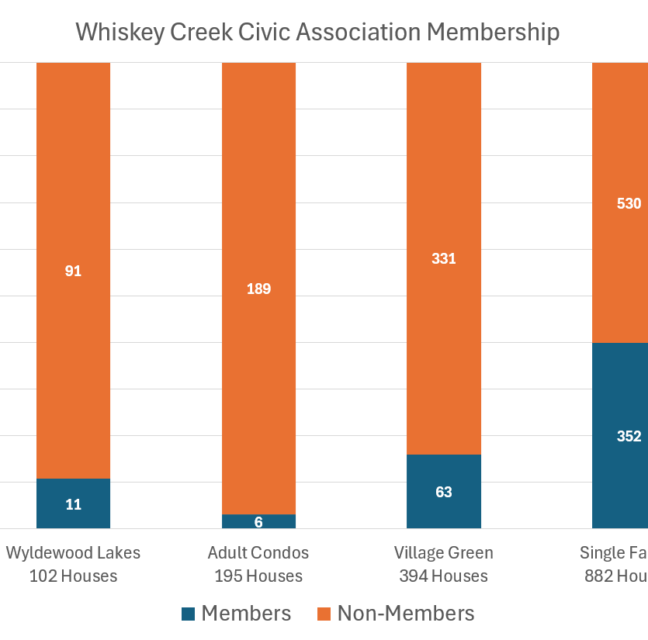
Learn more at https://fertilizesmart.com/
Winter residents, both human and feathered, have made the journey to the Sunshine State, leaving behind northern homes and cold temperatures for sunshine and a slice of paradise.
As seasonal residents settle in, remember that Florida’s landscape is different than other states, and we all must work together to protect it. Florida’s growing conditions are unlike other regions of the country. Factors to consider include the subtropical climate, extreme heat and humidity, heavy rainfall and sandy soil.
These weather variables play a big role in your yard-care routine, including how frequently you fertilize, water and mow your lawn. Throughout the year, Florida residents, both seasonal and full-time, should be mindful of the impact of lawn care on the natural environment. By adopting environmentally friendly practices, homeowners can beautify and sustain their lawn and landscaping without impairing Southwest Florida’s water sources.
Here are a few things to keep in mind:
· Water – We are surrounded by water in Florida. The state’s many lakes, streams, rivers and canals are the lifeblood of its wildlife residents, and pollutants like litter or nutrient runoff pose a threat to the quality of our local waterways year-round.
· Ordinances – Ordinances, like the fertilizer ordinance, are in place to protect our Southwest Florida waters, wildlife and recreational activities. Even when ordinances aren’t in place, be mindful of how you landscape, irrigate and fertilize lawns.
· Pet waste – Pick up after your pet. Unwanted nutrients from pet waste can leach or be washed away into bodies of water. Pet waste can also spread disease to other wildlife.
· Consider native plants – Native plants live and grow comfortably in Florida sunlight and don’t require as much effort or watering as non-native plants. Native plants with seeds, fruit, flowers or berries help support Florida’s wildlife and birds by providing food and shelter.
· Fertilizer – Chemicals and unwanted nutrients from fertilizers that contain phosphorus or nitrogen can negatively impact the environment. Consider using mulch to help retain moisture around plants during the dryer winter months or switching to a more natural fertilizer such as compost.
· Grass clippings – Avoid blowing grass clippings into the street or waterways. Unwanted nutrients from fertilizers can pollute waterways.
As new, longtime and seasonal residents know, Florida is special. Our state is different from much of the country when it comes to water flow, weather, flora and fauna. We can help conserve it if we all remain vigilant.







